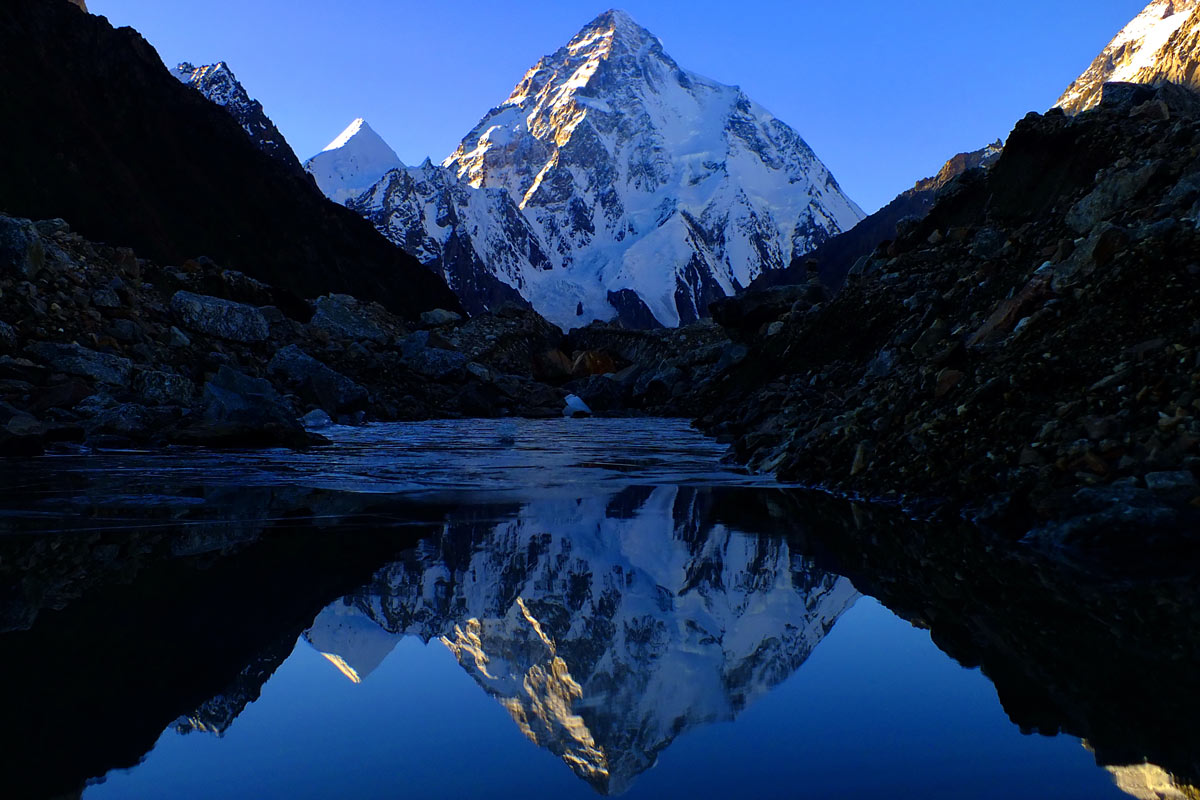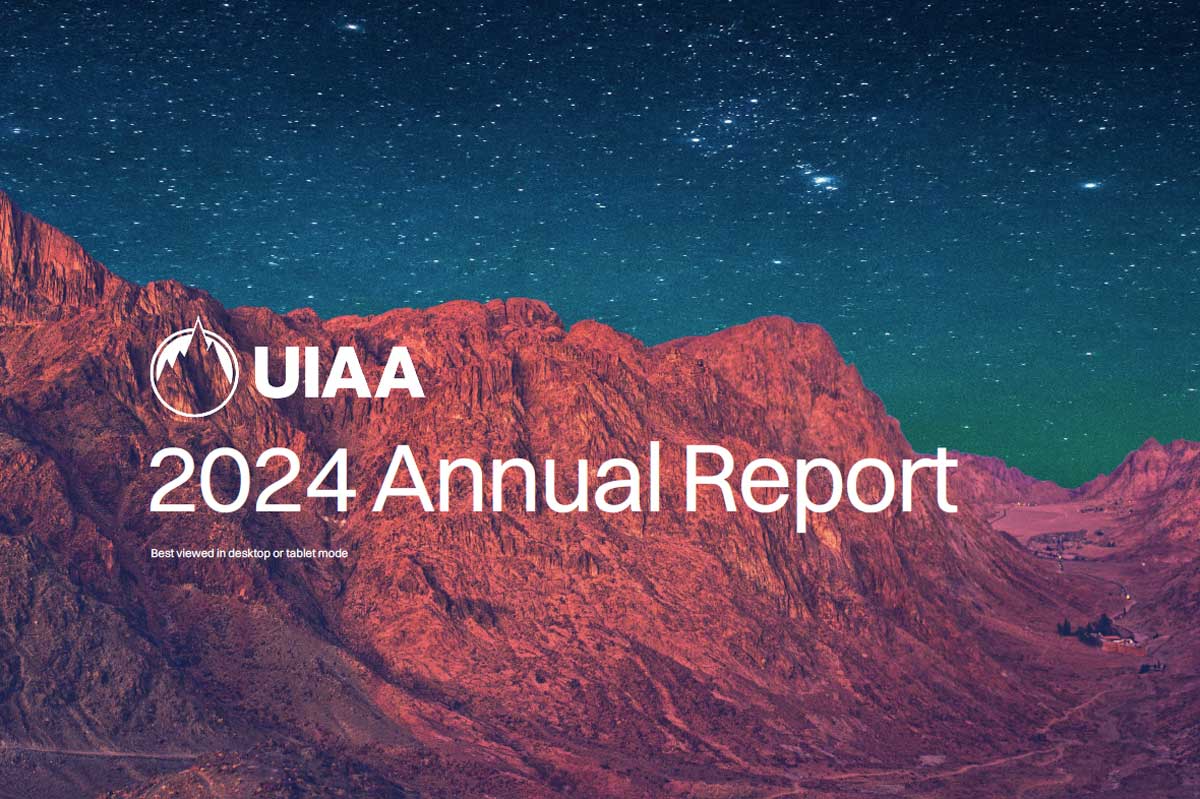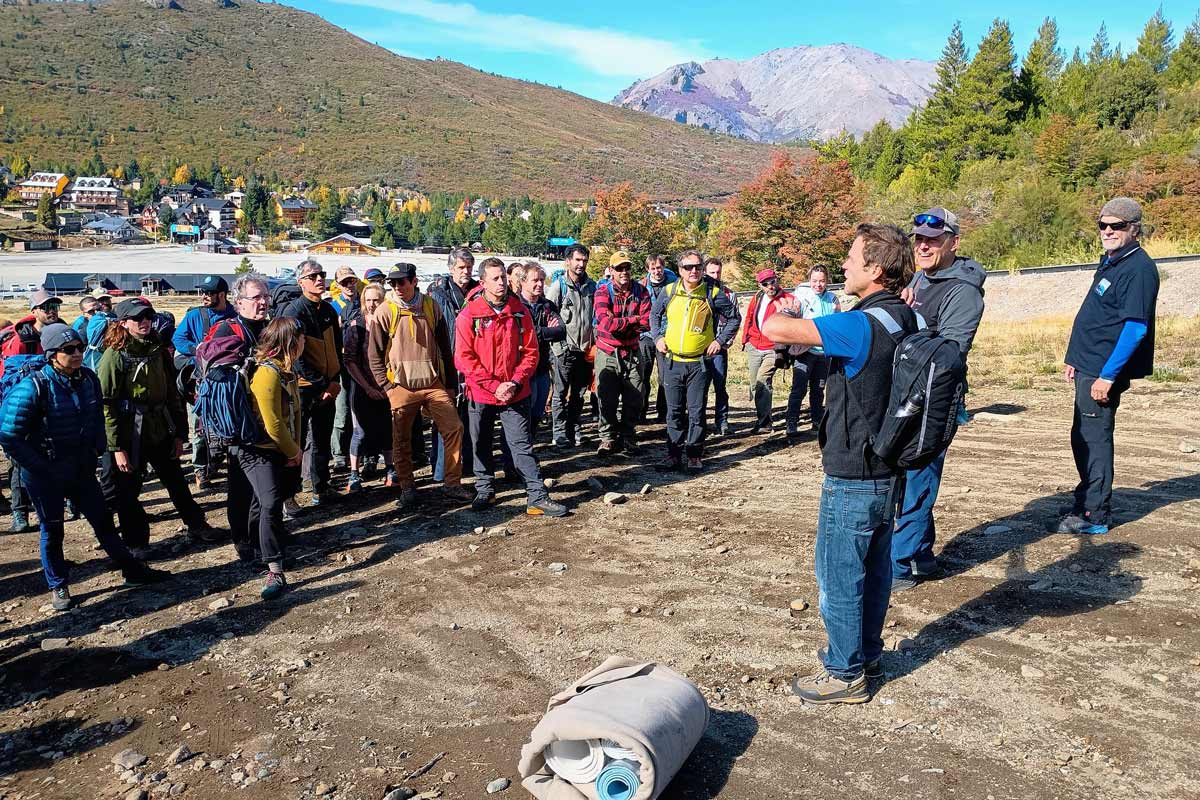OVERVIEW
Over the past couple of years Baltoro Glacier has been getting more attention for its Waste Management efforts. Ev-K2-CNR, in collaboration with its other collaborative partner organisations including Alpine Club of Pakistan, has been organising regular Baltoro clean-up expeditions/campaigns. Looking at the cost implications of cleaning campaigns alone indicates the need to focus on prevention rather than removing rubbish.
Vision, goals and objectives
Frequent systematic awareness campaigns for all actors involved (porters, cooks, guides, tour operators and tourists) are also need to be organised. By taking the considerations into account in order to keep clean the camp sites, trails and glaciers in/around the park Government of Gilgit-Baltistan has introduced a fee mechanism called “CKNP Entry and Waste Management Fee”, which is being collected through Tourism Department GB at Islamabad (for foreign and Pakistani Expedition and Trekking members on restricted zones) and on the spot by Directorate of CKNP at three designated Visitor Information & Registration Centers at Hushey, Askoli and Hisper (for open zone foreign, Pakistani and GB visitors) as per notification by the Government of Gilgit-Baltistan; Secretary Forest Wildlife & Environment Gilgit-Baltistan.
The revenue collected is then utilised for waste management practices in CKNP with the approval of plan by the competent authority; the Secretary Forest Wildlife and Environment Gilgit-Baltistan who is principal accounting officer of the department. Since now a separate Directorate of the Central Karakoram National Park (CKNP) under the umbrella of Forest, Wildlife and Environment Department is operational, managerial and field staff are supervising the overall interventions in and around the Park area having one of the major objective “to stage CKNP as in ideal tourist destination”. The Directorate plays a vital role in regard of waste supervision as well as management being a major stakeholder for the development, enforcement and regulation of the rules of the Protected Areas. The CKNP Directorate offers its full expertise in respect of the interventions mentioned in the proposal and services of mountaineering agencies will also be acquired by sourcing out the respective components when and wherever required.
By implementing CKNP Waste Management Fee, revenue has been generated this will be utilised for the improvements in waste management services and interventions in CKNP as per commitments shown in the current proposal to address the issues being raised time to time regarding waste management. For the purpose the current proposal is solely developed for the activities which are utmost important in K2, Baltoro and other potential peaks and areas of the park, this also support the activities of last waste management proposal as well as PC-I of 1% climate change fund which are now withdrawn and merged into the current project where costs are borne from the revenue of CKNP Waste Management fee.
This plan also focuses the waste management in the potential internationally recognised areas i.e. K2 and Baltoro particularly after successful winter expedition 2020-21 and Mr. Muhammad Ali Sadpara and team’s lost.
Priorities:
- To keep the environmental integrity intact and fragile mountain ecosystems of the largest protected area clean to combat the climate change effects.
- Promote eco-adventurous tourism as per vision of the government to enhance economy of locals.
- To provide a better clean and peaceful environment to trekkers and mountaineers along K2, Baltoro and other peaks/ areas of CKNP.
- Provide clean and eco-friendly camping facilities.
- To clean the K2- the 2nd highest peak in the world up to camp-IV which has not been cleaned for the last one decade.
- Manage tourism and waste in accordance with the integrated management plan, i.e. improve the visitors registration processes, waste management and camps site management, sub-plans for tourism and management of fee to generate revenue both for locals and CKNP Directorate on sustainable basis.
- Manage and maintain key services and facilities inside CKNP on a sustainable basis.
- Involve and strengthen local communities in participatory management of CKNP.
- Sensitise locals and visitors about the CKNP through awareness campaigns and dissemination of information materials.
- Tourism record and waste management.
Expected implementation and outcomes
Plans:
- Improve the physical environment
- Reduce levels of pollution
- Place a mechanism for sustainable waste management
- Provide alternative income generation opportunities for the local population and link ecology with economy.
- Create social awareness and make communities primary stakeholders.
- Preserve and protect the natural and human resources of the region.
- Create balance between human activity and nature.
Activities:
1. CKNP designated Single and three-in-one waste bins (Plastic/ Tin/ Paper)
2. Manufacturing Eco-plates (Portable toilets) with 6 drums each /Human waste management practices
3. Seasonal Waste Crew for Glaciated Areas:
K2 BC , Broad Peak BC, Concordia , G-I/II, Ali/High Camp, K6&7 and Masherbrum, Spantik/Golden Peak etc.
4. Collection and transportation of Human Waste Drums from glaciated areas to Ghas camp (15 eco plates)
5. Purchase CKNP designated thick fabric waste bags for waste collection and transportation
6. Transportation of solid waste from Glaciated Base Camps/areas and Non-glaciated Areas:
(K2, Broad Peak, Concordia, Gasherbrum-I&II, Goro-II, K6&7, Masherbrum, Spantik/Golden Peak, Rush Lake, Rakaposhi, Hisper, Hopper and other important Base camps/areas
7. High altitude kits / uniforms, shoes, sleeping bags, ropes, stairs, CKNP P-Caps for waste crew and park staff
8. Transportation of bags, utensils, Eco-plates, waste bins, drums, ration and other items to camp sites, base camps and glaciated areas
9. Provision of ration for Seasonal crew for glaciated areas
10. Clean-up campaign at K2 peak (Above BC) up to Camp III & IV.
(Engage/Outsource to a Mountaineering agency /High altitude porters with crew (including all expenditures involved)
11. Purchasing, transportation and installation of 1 incinerator machine at Minapin/Hushey/Askoli for incineration of plastic waste of CKNP
12. Awareness material /campaigns
(Banners, leaflets, field meetings with community, camp/waste crew, tour operators, guides, cooks, porters and tourist etc.)
13. Purchase one single cabin pickup/mazda/shahzor with accessories (Hyundai etc.) for transportation of waste.
14. Construction of porter shed at Urdukas.
Construction of toilets at Urdukas camp site for visitors/porters
15. First aid boxes with medicine for visitors/porters and crew/staff
16. Purchase high altitude tents
17. Provision of clean water supply for visitors for Concordia and other camp sites
18. Monitoring visits of officials, staff, other stakeholders administrative/unforeseen costs
Climbing, mountaineering or outdoor sport focus
Since the focus area of project execution is K2 Base Camp, Broad Peak Base Camp, Gasherbrum I,IIBase Camp, Mashabrum peak, Base Camp, K6/7 Base Camp, other peaks base camps as well as the camps and glaciers like Baltoro, Biafo, Gandogoro la and many more where totally climbing and mountaineering expeditions and trekking tours are carried out, ultimately it supports and encourages the outdoor sport activity like climbing by keeping the environment safeguard in order to manage and protect the fragile mountain ecosystems in the long run and in a sustainable manner.
Best practice in mountaineering and mountain-based sports for mountain protection
A broad range of economic benefits are foreseen under the project. Tourism is one of the largest industries of Gilgit-Baltistan and a well-managed CKNP will increase tourism activities in a socially and ecologically sustainable way. This will affect the local economy with direct (lodging, trekking, etc.) and indirect (marketing of agricultural products, services, etc.) benefits for the communities living in the surrounding areas. Our project aims at protection of the biodiversity and mountain ecosystems through generating sustainable revenues by wise use of natural resources like eco-adventurous tourism, trophy hunting and waste management fee, so it will uplift the economy of the locals though its not a business.
To discover more about the UIAA Mountain Protection Award please click here.
Please note that the content published in this article is courtesy of the Award nominee. The UIAA has made minor revisions to the original submission.



